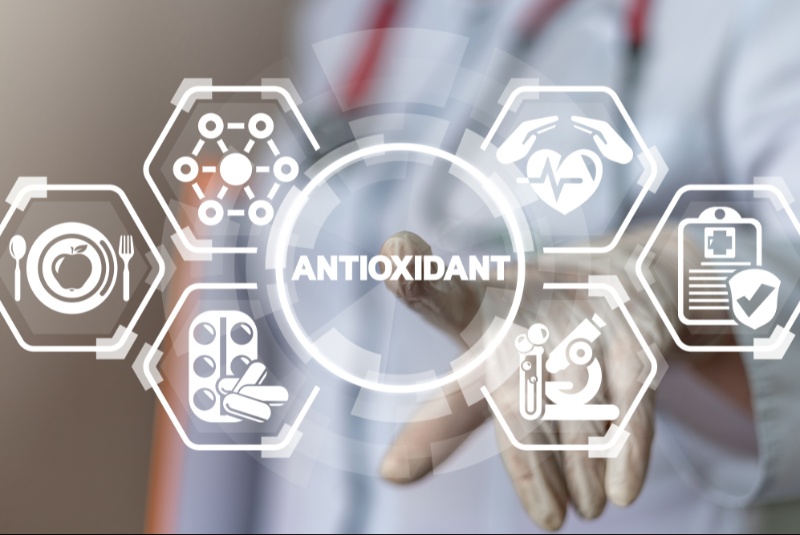There is a lot of conflicting information surrounding soy. Some claim it’s a health food and others say it should be avoided at all costs, so what’s the truth? The fact is that soy does have many side effects that can have a severely detrimental effect on your health.
The biggest reason behind soy’s negative effects is that it’s extremely processed. Over 94 percent of of soybeans grown in the United States are genetically modified. Soybeans are actually the number one genetically modified crop in the world. The reason that soybeans are so heavily genetically modified is so that they can withstand extremely large doses of herbicides and pesticides. This allows farmers and other producers to kill off all pests and other plants without killing the soybean plants themselves.
One of the main herbicides used on soybeans is comparable to Round Up. The main active ingredient in Round Up is called glyphosate, which the FDA has labeled as “probably carcinogenic to humans”. Studies have shown that the soybean plants actually absorb these herbicides and pesticides during their growing season, which means that when the soybeans are consumed, you’re consuming these carcinogens too. Side effects of carcinogens include miscarriages, birth defects and other hormone disruptions.

Soybean oil is also one of the most commonly used cooking oils. Oftentimes, vegetable oil has soybean oil in it so you may not even know you’re consuming it. In a healthy, well balanced diet, you should have an equal ratio of Omega-3 and Omega-6 fatty acids. Modern diets however have largely switched to solely Omega-6s. In fact, one study found that most people’s diets have over six times the recommended amount of Omega-6s. The problem with this is that while Omega-3s are anti-inflammatory, Omega-6s actually cause inflammation as well as promote more fat storage and induce weight gain. The ratio of Omega-6s to Omega-3s in soybean oil is an alarming 7.5:1.
In addition, soybeans possess an incredibly high concentration of a well known anti nutrient called phytic acid, or phytate. Phytate bonds to vital minerals including iron, calcium, magnesium and zinc and blocks absorption. Deficiencies in these minerals, primarily in zinc, have been linked to increased risk for anxiety and depression. Soybeans are also resistant to phytate-reducing techniques that work for other legumes and grains that are high in phytates as well. These methods including cooking, soaking and sprouting are largely ineffective for soybeans. The only way to significantly lower the amount of phytates present in soybeans is through fermentation.
Soy also contains enzymes that inhibit the digestion of protein. This makes the fact that soy is high in lean protein more or less irrelevant. Because the protein is mostly blocked from being absorbed, gastric distress is very common after consuming soy. When consumed in excess, soy can also cause a deficiency in amino acids.
Overall, while soy does contain some positive attributes, the negatives far outweigh them. The aforementioned side effects are only some of the detrimental effects that soy has on the body. If possible, you should consider eliminating soy from your diet or cutting back consumption drastically.




